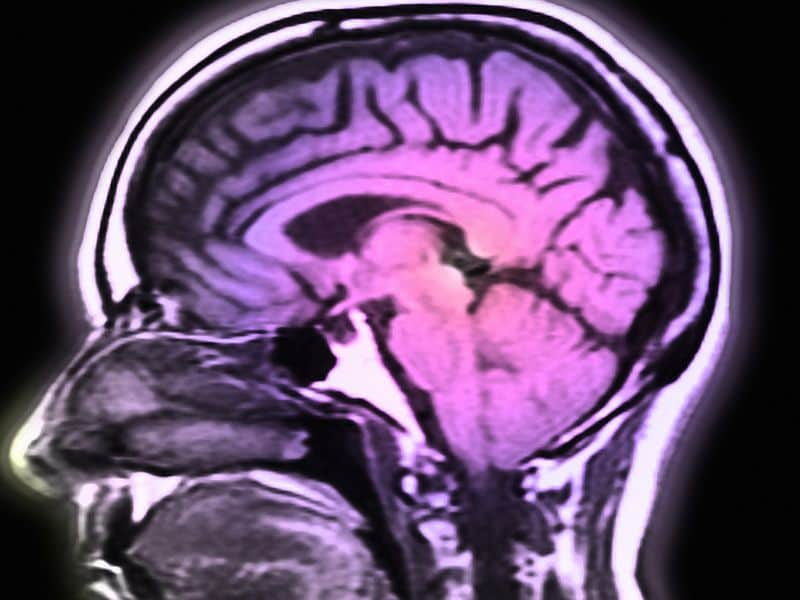MONDAY, June 17, 2019 (HealthDay News) — For patients with mild-to-moderate Alzheimer disease, treatment with nilvadipine lowers systolic blood pressure and increases cerebral blood flow (CBF) in the hippocampus, according to a study published online June 17 in Hypertension.
Daan L.K. de Jong, from the Radboud University Medical Center in Nijmegen, Netherlands, and colleagues conducted a preplanned substudy within a randomized, placebo-controlled study to examine how six months of treatment with nilvadipine would affect CBF in 58 patients with mild-to-moderate Alzheimer disease. Patients were randomly allocated to either nilvadipine or placebo (29 in each group).
The researchers found that treatment with nilvadipine lowered systolic blood pressure (Δ = −11.5 [95 percent confidence interval (CI), −19.7 to −3.2] mm Hg; P < 0.01), while whole-brain gray-matter CBF remained stable with treatment (Δ = 5.4 [95 percent CI, −6.4 to 17.2] mL/100 g/min; P = 0.36). In the hippocampus, CBF increased (left: Δ = 24.4 [95 percent CI, 4.3 to 44.5] mL/100 g/min; P = 0.02; right: Δ = 20.1 [95 percent CI, −0.6 to 40.8] mL/100 g/min; P = 0.06). CBF did not change significantly in the posterior cingulate cortex (Δ = 5.2 [95 percent CI, −16.5 to 27.0] mL/100 g/min; P = 0.63) or other regions of interest.
“This high blood pressure treatment holds promise as it doesn’t appear to decrease blood flow to the brain, which could cause more harm than benefit,” a coauthor said in a statement. “Even though no medical treatment is without risk, getting treatment for high blood pressure could be important to maintain brain health in patients with Alzheimer’s disease.”
One author disclosed a pending patent for nilvadipine.
Abstract/Full Text (subscription or payment may be required)
Copyright © 2019 HealthDay. All rights reserved.



